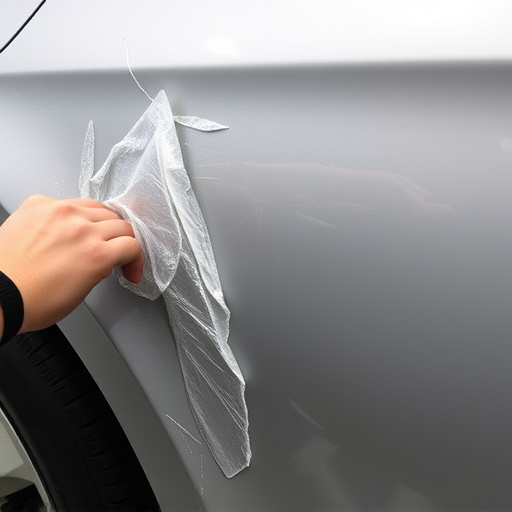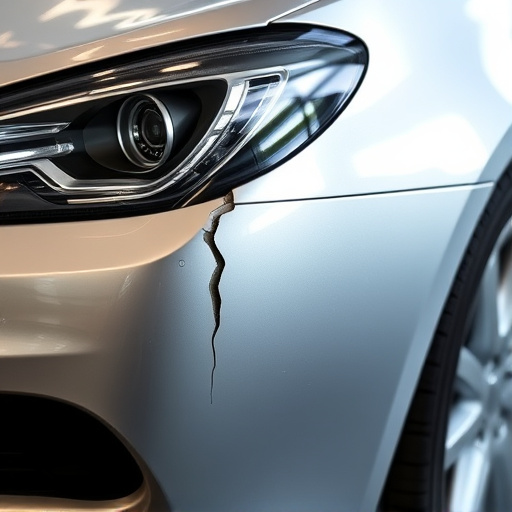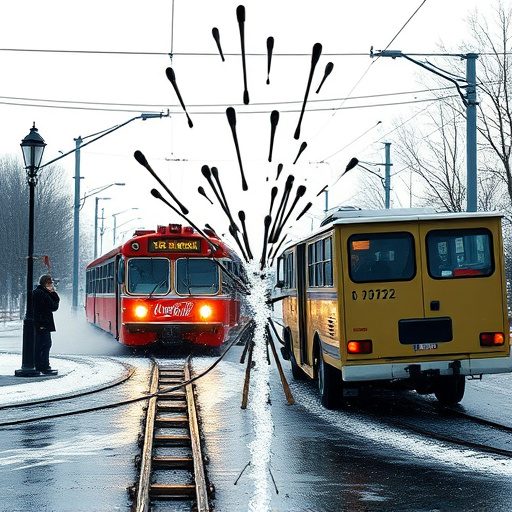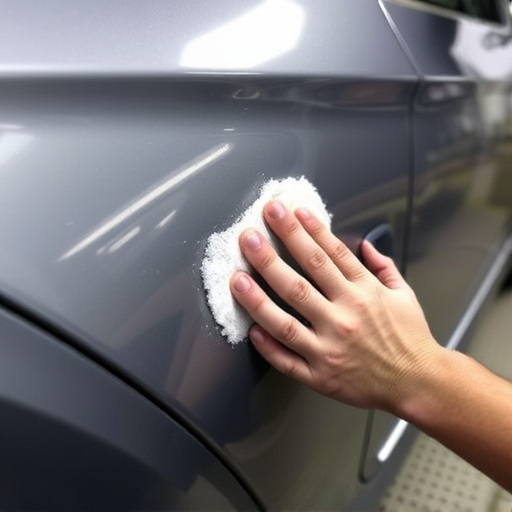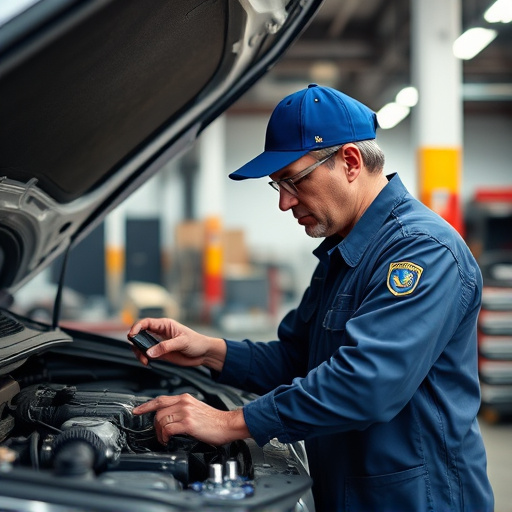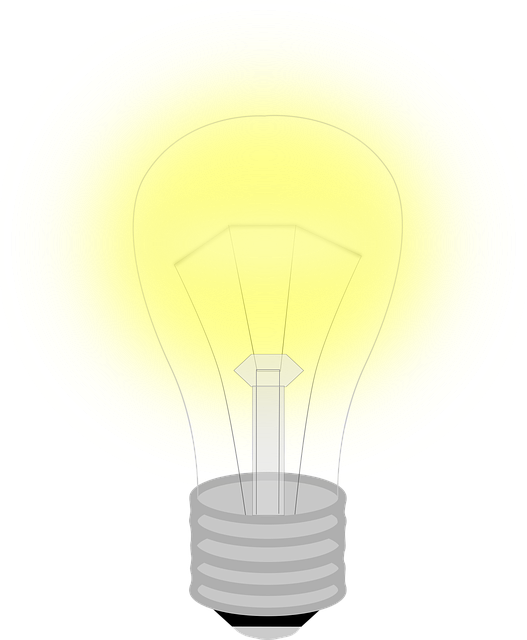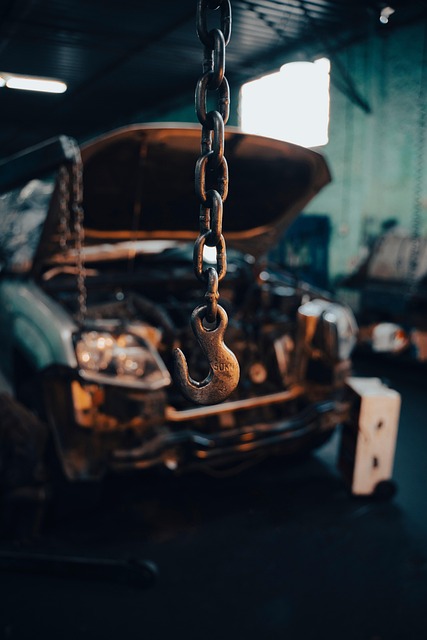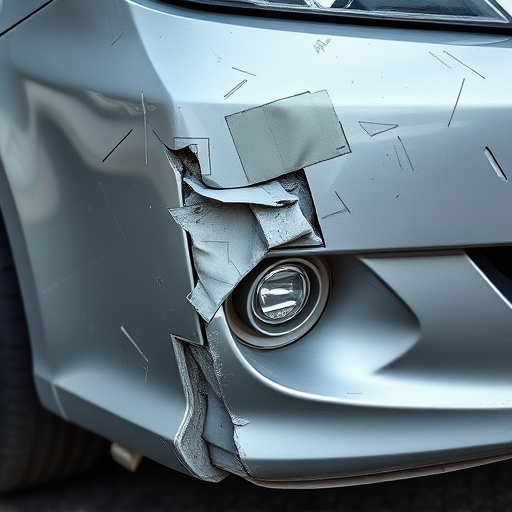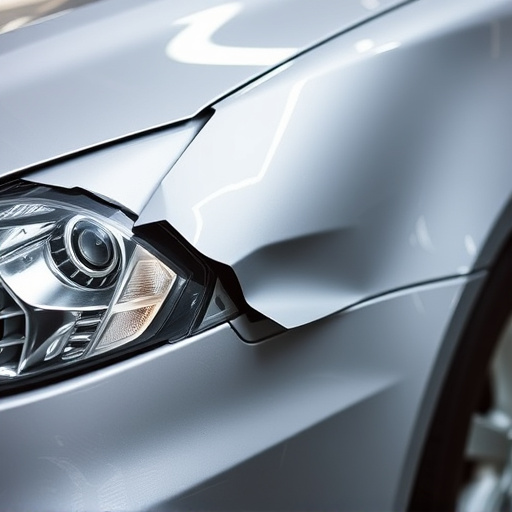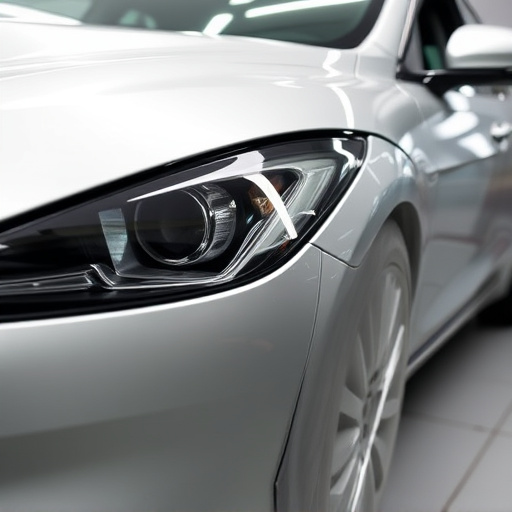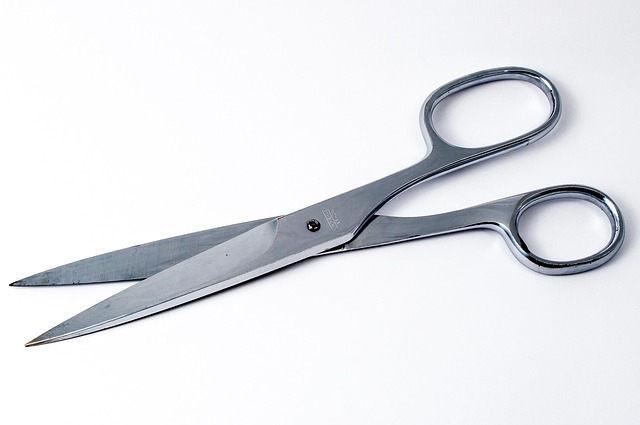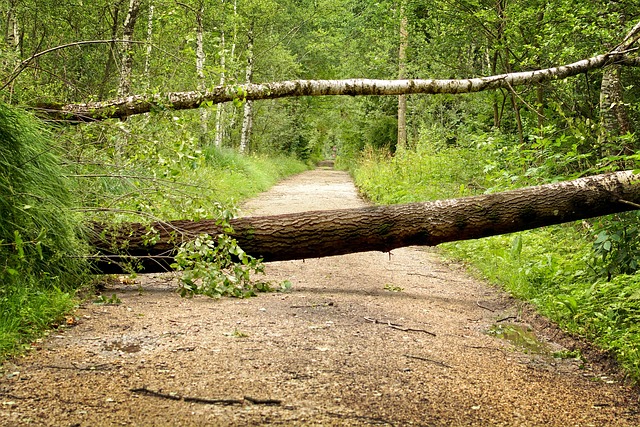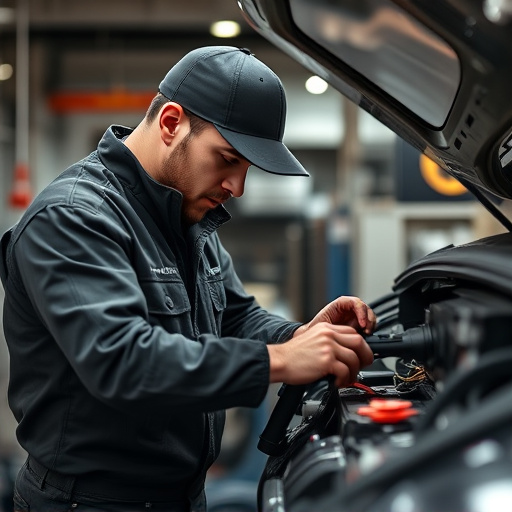Calibration tools are essential for accurate and safe collision repairs, ensuring precision in equipment fine-tuning to restore original integrity. Choosing a shop with certified technicians skilled in state-of-the-art tools is vital for high-end brands like Mercedes Benz. Prioritizing quality tools with precision, reliability, and performance aligns needs with top-quality bodywork services.
Choosing the right shop for your collision repair needs is paramount, and a key factor lies in understanding the importance of proper calibration tools. This article guides you through the essentials of calibration tools for collision repair, helping you navigate the selection process effectively. We’ll explore critical factors to consider when choosing a shop, ensuring quality through best practices for equipment selection, and offer practical insights to make an informed decision for your vehicle’s safety and restoration.
- Understanding Calibration Tools for Collision Repair
- Factors to Consider When Choosing Collision Equipment Shops
- Ensuring Quality: Best Practices for Equipment Selection
Understanding Calibration Tools for Collision Repair
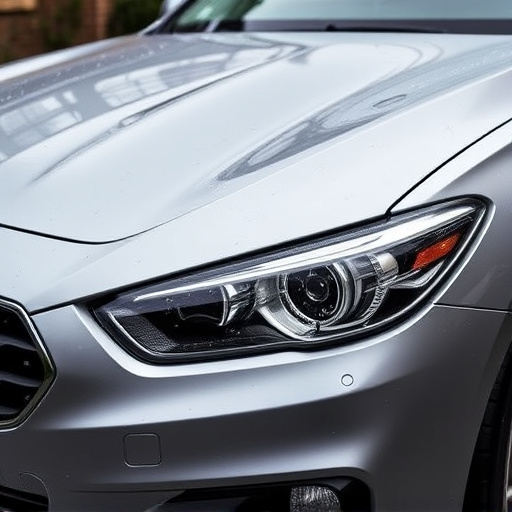
Calibration tools are essential for accurate and safe collision repairs, ensuring that every component of a vehicle is restored to its pre-accident condition. These tools play a pivotal role in measuring, adjusting, and verifying the performance of collision equipment, such as welding machines, paint sprayers, and sanders. By using calibrated instruments, technicians can guarantee that auto body repairs meet industry standards and regulations, minimizing the risk of further damage or structural weaknesses.
For instance, in Mercedes-Benz collision repair, precision is paramount. Calibration tools help in fine-tuning equipment to restore the car’s original structure and aesthetics. This meticulous process involves measurements down to the smallest fraction, ensuring that every panel, from fenders to door frames, aligns perfectly. Regular calibration of these tools is crucial for maintaining top-notch auto maintenance practices, guaranteeing customer satisfaction, and preserving the vehicle’s value in the long run.
Factors to Consider When Choosing Collision Equipment Shops
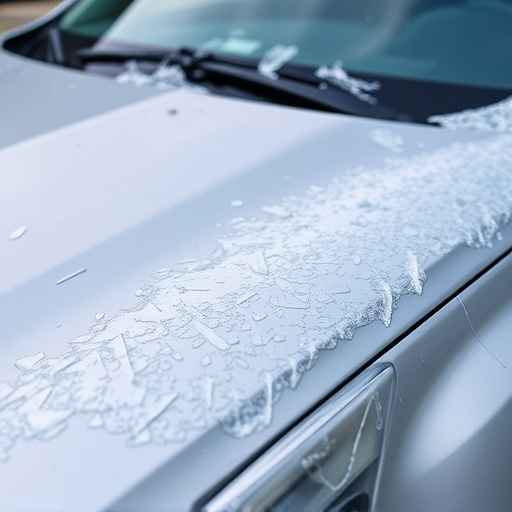
When selecting a collision equipment shop, several key factors should guide your decision. First and foremost, ensure they employ certified technicians who are well-versed in using state-of-the-art calibration tools for collision repair. These tools are pivotal in achieving precise measurements and ensuring that repairs match the original manufacturer’s standards, especially for high-end brands like Mercedes Benz collision repair shops.
Additionally, consider their capabilities in various repair services, including paintless dent repair, which uses specialized techniques to remove dents without sanding or painting. The shop’s reputation, customer reviews, and the availability of genuine parts are also crucial aspects. Moreover, inquiring about their training programs for staff and investment in the latest technology will give you an insight into their commitment to quality and staying ahead in the constantly evolving automotive industry.
Ensuring Quality: Best Practices for Equipment Selection
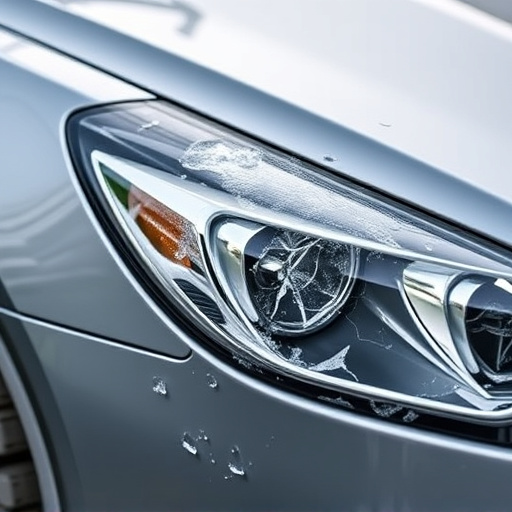
When selecting calibration tools for collision equipment, prioritizing quality is paramount. It’s not just about choosing a shiny new machine; it’s about ensuring precision and accuracy in every repair job. Reputable manufacturers often offer detailed specifications and certifications, indicating the tool’s reliability and performance capabilities. Look for equipment with consistent tracking records, regular maintenance logs, and up-to-date calibration certificates. These practices guarantee that your tools are not just functional but also provide reliable, repeatable results, which is essential in collision repair, especially when dealing with intricate car bodywork services.
Moreover, the best practices extend to considering the specific needs of your workshop. Different fender bender or dent repair scenarios may require specialized tools. Modern calibration equipment often comes with customizable settings and advanced features that cater to various tasks. By selecting tools that align with your workflow and industry standards, you can streamline operations, reduce errors, and ultimately deliver superior quality car bodywork services.
When selecting a shop for your collision repair needs, prioritizing equipment quality is paramount. By understanding the significance of calibration tools collision professionals employ and considering factors like reputation, certifications, and investment in modern equipment, you can ensure superior craftsmanship and precise repairs. Remember, the right choice goes beyond aesthetics; it safeguards your vehicle’s safety and value.
